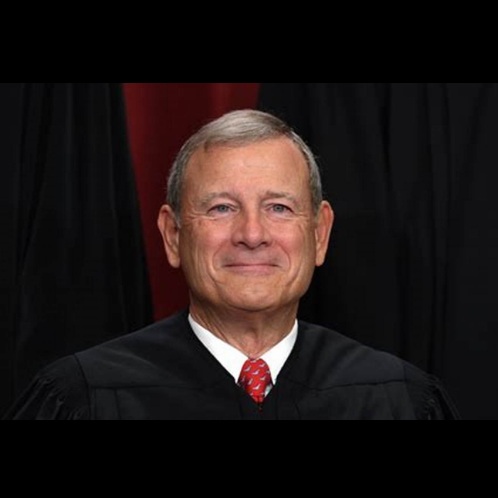
In a rare and stern statement, Chief Justice John Roberts has rebuked President Donald Trump‘s call to impeach a federal judge who halted the administration’s deportations. This unusual public criticism from the nation’s highest-ranking judge underscores the deepening tensions between the judiciary and the executive branch.
The controversy began when a federal judge issued a ruling blocking the Trump administration’s efforts to deport certain individuals. Trump responded by calling for the judge’s impeachment, sparking widespread concern among legal experts and lawmakers. Chief Justice Roberts, known for his conservative leanings, felt compelled to address the president’s remarks, emphasizing the importance of an independent judiciary.
“Judges are not politicians, and they should not be treated as such,” Roberts said in his statement. “The judiciary is an independent branch of government, and its judges are sworn to uphold the Constitution and the laws of the land, not to cater to the whims of politicians.”
Roberts’ statement is significant, as it highlights the growing concern among judges and legal experts about Trump’s attacks on the judiciary. The president’s repeated criticism of judges and the courts has raised questions about his respect for the rule of law and the separation of powers.
The American Bar Association (ABA) and other legal organizations have also weighed in on the issue, expressing their support for the independence of the judiciary. “The ABA is deeply troubled by the president’s remarks, which undermine the legitimacy of the courts and the judges who serve on them,” said an ABA spokesperson.
The controversy has sparked a broader debate about the role of the judiciary in American democracy. While some argue that judges should be more accountable to the people and their elected representatives, others contend that the judiciary’s independence is essential to ensuring that the Constitution and the laws are upheld.
As the Trump administration continues to navigate the complexities of the US judicial system, it remains to be seen how the president’s relationship with the courts will evolve. One thing is certain, however: Chief Justice Roberts’ statement has sent a clear message that the judiciary will not be intimidated or swayed by political pressure.
The incident has also raised questions about the potential consequences of Trump’s actions. If the president continues to attack and undermine the judiciary, it could have far-reaching implications for the rule of law and the stability of American democracy.
In conclusion, Chief Justice Roberts’ rebuke of Trump’s call to impeach a federal judge is a significant moment in the ongoing struggle between the executive branch and the judiciary. As the nation’s highest-ranking judge, Roberts has made it clear that the judiciary will not be intimidated or politicized, and that its independence is essential to upholding the Constitution and the laws of the land.





